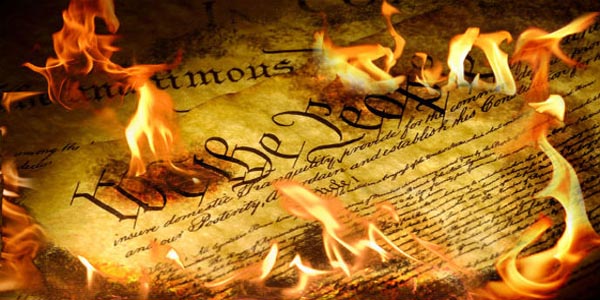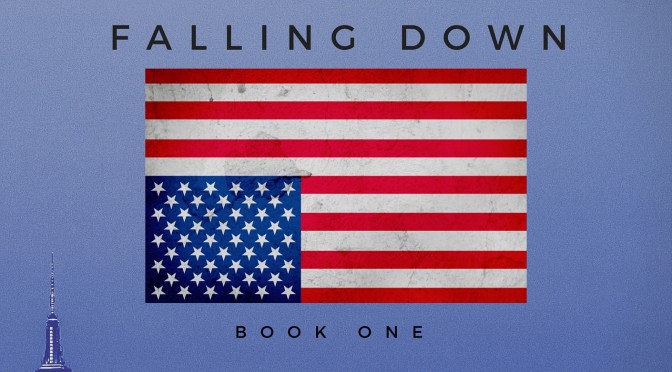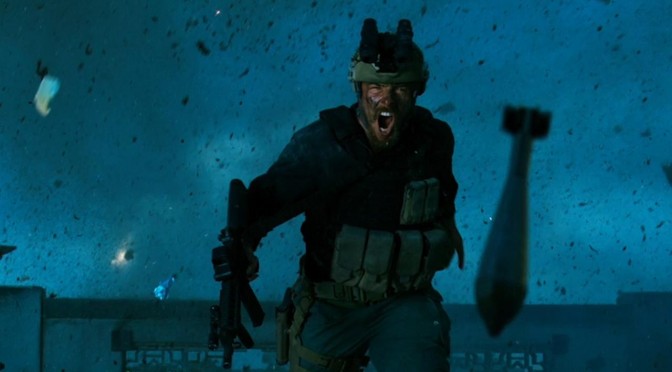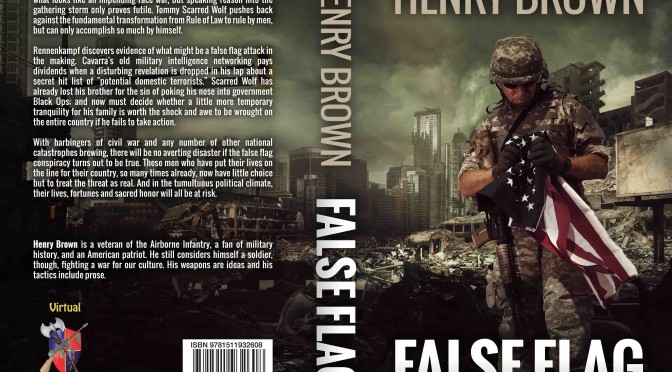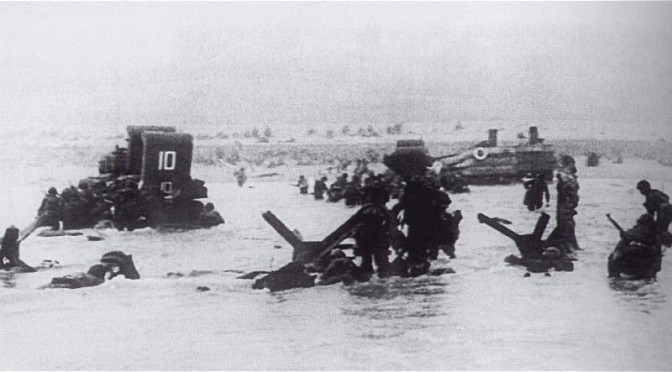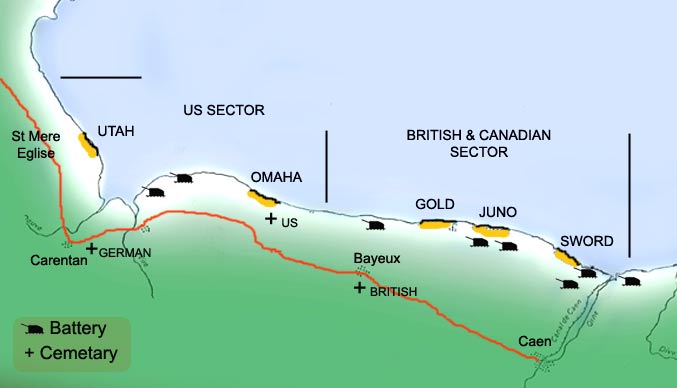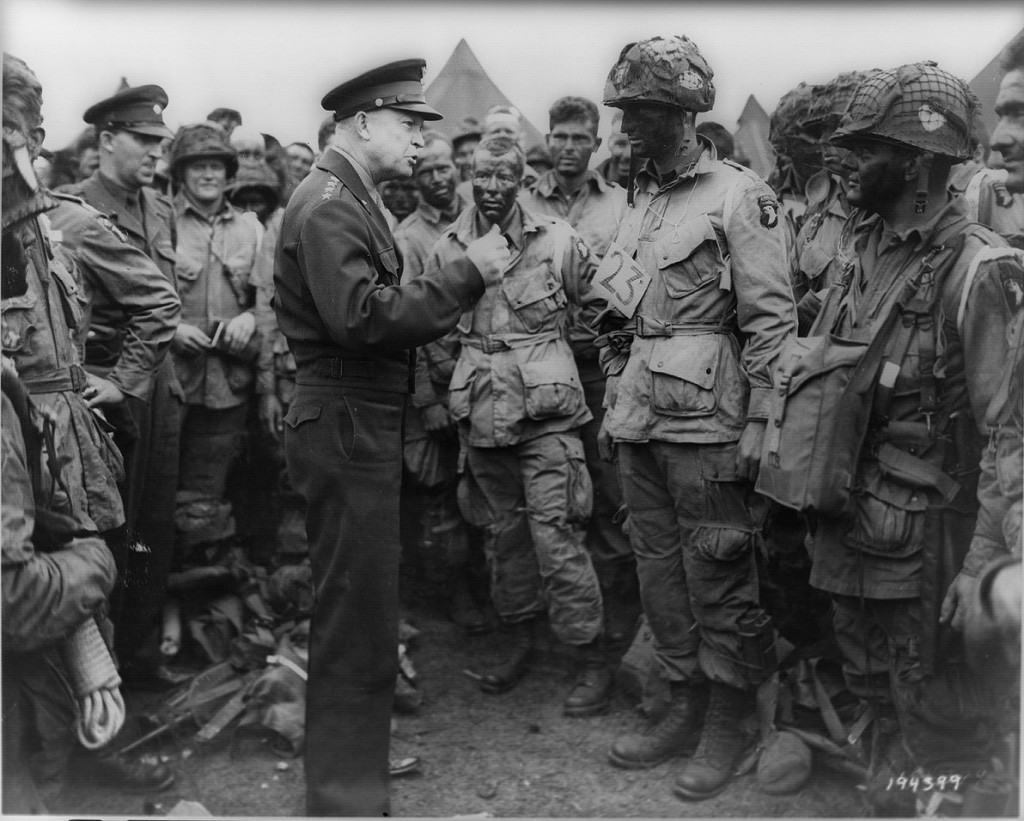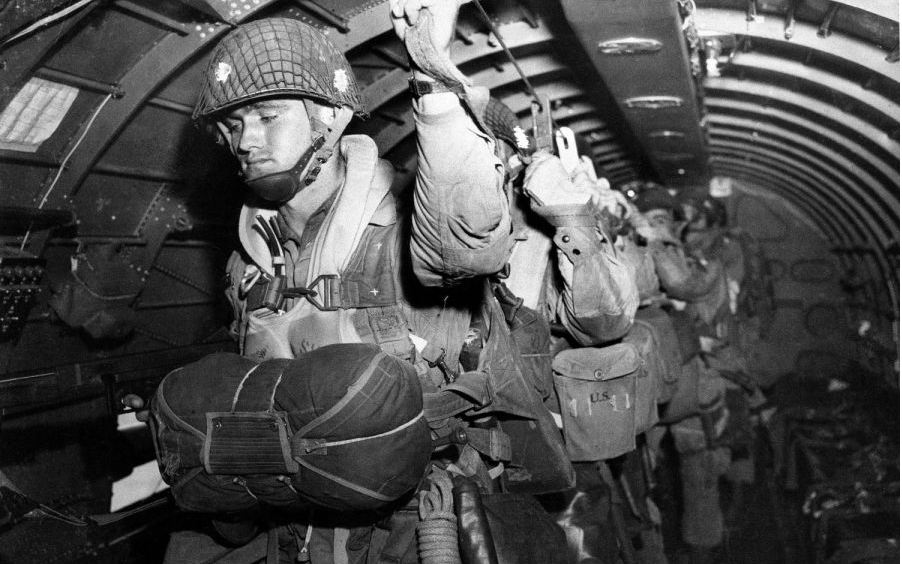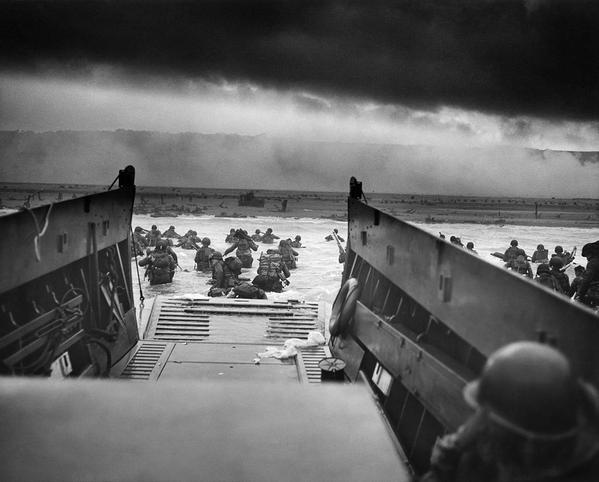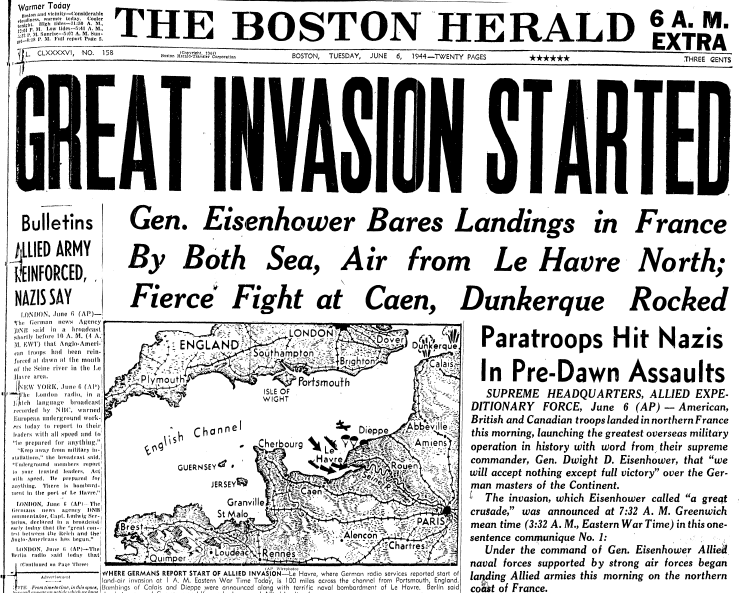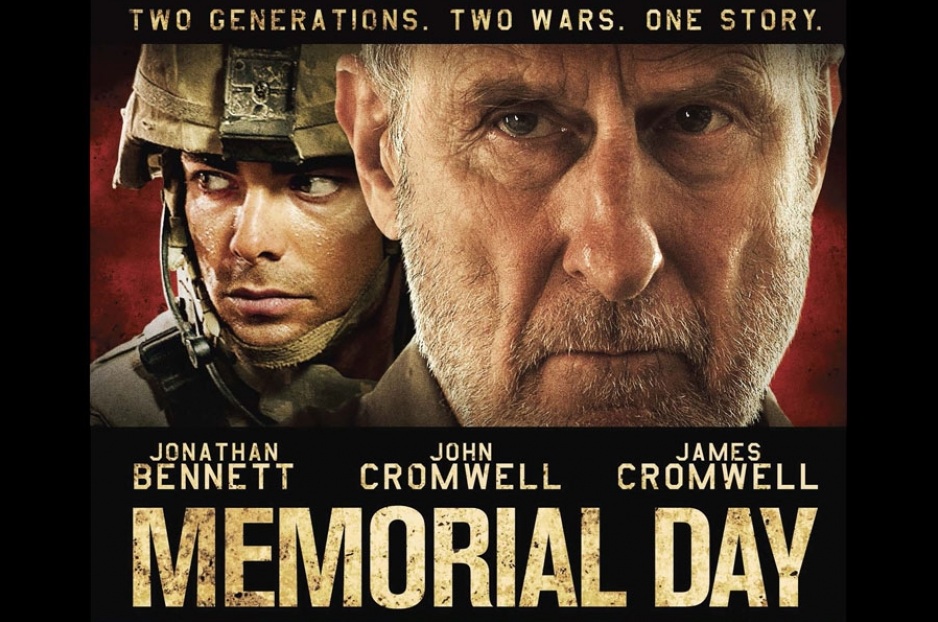What began as an interview with R.A. Mathis about Homeland: Falling Down turned into quite a discussion about America teetering on the precipice of oblivion. Here is Part One:
HENRY BROWN: First of all, thanks for agreeing to do the interview.
R.A. MATHIS: Thank you for having me, Hank.
HENRY BROWN: After reading Ghosts of Babylon, I guess I assumed you might follow up with something similar, or possibly move on to more mainstream literature. What made you decide to spin a SHTF yarn?
R.A. MATHIS: I wrote Ghosts of Babylon because I had to. It began as an effort to mentally sort out my Iraq experience. The Homeland series is the same.
The seed was formed from the occasional news story of another general being fired for questionable reasons, a new executive order being announced, or the IRS being used as a weapon. That seed took root as these stories began to appear with alarming regularity. I thought it was just me being a bit paranoid, so put it aside and kept my mouth shut. But then I noticed others voicing the same concerns, both on the street and even in the popular media.
The last straw dropped when a guy came to our house to work on the air conditioner. We struck up a conversation as he worked. He told me that he was mortally afraid of the government. That’s when I began to realize how widespread the concern really was. (As a side note, I believe this sentiment is a contributor to the current election cycle’s rebellion against all things establishment.)
(HENRY BROWN: I would have to agree. And on the one hand it’s about time. But on the other…it seems to me that the pent-up outrage, now that it’s finally loose, is proving to be misdirected in many quarters.)
R.A. MATHIS: Homeland is an attempt to test the thesis, to mentally sort it out as a kind of mental experiment. Unfortunately, the thesis is proving all too plausible.
On a similar note, I noticed your Retreads series has gone from pulpy men’s adventure to a more serious SHTF genre. Why the shift?
HENRY BROWN: I’m not sure I can answer that in a way that makes sense to others, but I’ll try. Some of the times I’ve been happiest in life were when I had my head stuck in the sand–either voluntarily or unintentionally. That applies to the writing partition of my life, too. My whole experiment in men’s fiction was partly an effort to relive the fun and the rush of adventure lived vicariously through characters in some of the novels I read as a kid and young man. Better yet: to pass that experience along to new readers. Such was my ambition. (And yet, I couldn’t go Full Ostrich all the way–in Hell & Gone you can already see the government attitude–through the goons in their alphabet soup agencies–that certain law-abiding Americans are more dangerous than actual terrorists. In Tier Zero I sort of laid the ground work for False Flag by introducing some ugly little secrets of black ops, and how, if Washington doesn’t have a convenient one to exploit, our would-be rulers are willing to manufacture a crisis as an excuse for the next power grab in their agenda.) But I got to the point where I just couldn’t swallow the blue pill anymore.
I see the world around me drowning in deception. People who recognize this must not let the truth be buried. We have to shout it from the rooftops as best we can, despite the odds. If those sound like the words of a maniac, well, so be it.
I guess I should mention that I’ve had it in mind to write apocalyptic or post-apocalyptic fiction for a long time–but something a little less heavy, like the Last Ranger series or Doomsday Warrior before it (only without the mutants, the Zen philsophy and the weird psychodelic acid trip scenes). However, taking stock of the situation facing us in America, people need to wake up; not be somnambulized into maintaining their complacency.
The Retreads were established characters, who I and some readers really liked. If I could choose anybody to guard my flanks when facing Armageddon, it would be guys like them. After all, they were staring down the barrel of WWIII from their very debut, and handled it pretty well. At the same time, I knew that pulling out all the stops politically would piss off some readers who liked the previous books. Oh well. Life is too short and freedom is too precious to lose sleep over whether I offended somebody or not. I get offended constantly in books and movies. Suck it up and drive on.
Aren’t you sorry you asked that question, now?
When you introduced the DHS involvement with the regular army in Falling Down, it made perfect sense and I wondered why it hadn’t been done before (my own excuse is that I haven’t yet depicted conventional national military forces). After all, the Red Army had its political officers–military commisars or whatever, feared by all the regular soldiers. Same with the Soviet Navy. The Wermacht was, to an extent, gripped by terror due to the SS and Gestapo. Compared to me, your active duty experience is very up-to-date. Did you witness anything first-hand that confirmed for you this scenario will play out in a SHTF scenario?
R.A. MATHIS: You are exactly right about the Soviet commissars being the basis for the DHS “advisors” assigned to active units in the book. In fact, an important parameter of my “thought experiment” mentioned above is that there must be historical precedence for the events in the book, especially in the actions taken by the government. Knowing that the new regime would be suspicious, or even hostile, toward the military, commissars assigned to keep the troops in line would be a top priority. If you put yourself in the regime’s shoes, the DHS seemed like a perfect fit.
My first-hand military experience ended in 2006, before our current President took office. At that time, the political correctness machine was already in full swing, but I never experienced blatant meddling by civilian agents. That being said, the amount and pace of social engineering forced upon our men and women in uniform since then is both staggering and alarming.
There is something I found interesting as I read False Flag. The occult ceremonies woven into the plot and connected with the tier-zero units and other operatives. Can you go into more detail about their purpose to the regime and why you included them in the story? Also, are these ceremonies simply mind control, or are they really colluding with unseen forces?
HENRY BROWN: Well, now you’ve done it. If people didn’t believe me to be a tinfoil hat whack-job already…
This angle came entirely from my research, which encompassed everything from MK Ultra and Monarch to “satanic ritual abuse.” I followed the leads where they led and was astonished to discover how interconnected it all is. It all sounds crazy on the surface–some of it as if inspired by a B-horror movie or bad sci-fi. And don’t get me wrong–there are a lot of cockamamie wive’s tales out there. Unfortunately, much of it is mixed up with things that happen to be true. I could go on at great length on this subject, but will try to pare it down to just a couple aspects.
One of the first bombshells to land on me was that multiple personality disorder (MPD) can be artificially created in people. And I’m understating the fact here, because some who have studied it much more than I have will tell you that EVERY case of MPD was manufactured by high level experts in cognitive sciences; and furthermore, that they do so with a common denominator of ulterior motives, and with government funding.
Some of those same folks will tell you that there absolutely are unseen forces at work. Certain spiritual beings are always looking for a body to occupy, and when a personality is split, they are given entry. This is stuff I don’t really want to believe. I’ve never been obsessed with UFOs, vampires, werewolves or witchcraft. I don’t watch “ghost hunter” shows or think zombies (as depicted in pop culture recently) are very credible. In most of the churches I’ve ever attended, great pains were made to downplay the supernatural in the Bible, and remove the paranormal/supernatural from the Christian worldview. Frankly, that tendency rubbed off on me, so I’ve never taken that stuff seriously most of my life. That is beginning to change. I’m at the point now that I do see a spiritual/occultic aspect to the postwar mind control efforts. But not many rational people can swallow that–which I certainly understand. What I tried to do was write that subplot in an ambiguous enough manner that the reader can take it whichever way they are most comfortable with–either just advanced brain-screwing built on the discoveries of the Nazi mind control pioneers with occultic trappings to make the victims believe they’re tapping into some ancient spiritual power; or human scientists carrying out the brain-screwing at the behest of the unseen beings they serve (knowingly or unknowingly). The bottom line for most readers, perhaps, is that it’s fiction. There are plenty of theories even more far out than this in other books or movies, and people suspend their disbelief for the sake of entertainment. Frankly, I’d love to be proven wrong about a lot of stuff I’ve said both on this blog and in my books.
As to what purpose our domestic enemies would have for such individuals…when you take stock of what they are doing and still intend to do, sleeper agents they can activate like flipping a switch can come in very handy. Especially in false flags. The cream of the crop could be held in reserve for really big jobs–high profile assassinations, for instance; while the unstable sleepers can be used as cannon fodder in the school-shooting-of-the-week. One investigator has discovered that many of the MPD cases are part of a “super soldier” program, which makes sense when you consider that the mind control endeavors in North America took over where the Nazi scientists left off. Pretty scary, if true.
You mentioned how the purge of the US high command partly inspired you to write Falling Down. In my own SHTF book, that purge of field grade officers (which began in earnest about 2009) also plays a part. First off, I’m curious how the average Joe in the ranks feels about this today, as well as the junior grade officers. Secondly, you wrote it in such a way as to suggest that Colonel Lee bugged out before being nabbed by the DHS. Are we going to see him again in future installments?
R.A. MATHIS: On the purge subject: Like the old saying goes, you can’t fool the troops. I still have friends in uniform. They see the attack dogs ejected while the lapdogs are promoted. It has an adverse effect on morale across the width and breadth of the active force.
Yes, we will see more of Colonel Lee. Good catch on that one.
HENRY BROWN: Considering those purges, among other things, what is your general gut feeling about whether the regular military will hesitate to make war on American citizens?
R.A. MATHIS: That is why I included Cole in the book. I needed to see the situation through the eyes of a soldier. I don’t think they will obey that type of order, the outstanding conduct of our troops in the Middle East (with very few exceptions) over the last 13 years will testify to that. But what if extreme coercion is applied? In Homeland, all military families are brought on base when it hits the fan. This allows the soldiers to focus on their jobs, knowing that their wives and children are protected and cared for. However, this move also gives the regime leverage. If a soldier refuses to commit atrocities, his family may be forfeit. That kind of pressure is enough to make good men do very bad things. I do not envy our troops in such a situation. The same tactic can be used on just about anybody. This was a key tool of the totalitarian regimes in the last century. I don’t see why future regimes would stop using it.
HENRY BROWN: I don’t envy them either. In fact, rarely does a day go by anymore that I don’t find myself opining that I couldn’t be a part of what the military has become. It is no place for a patriot, or even for a good soldier anymore.
R.A. MATHIS: What are your thoughts on the likelihood of the American military making war on its own citizens?
HENRY BROWN: No offense, but in my experience officers often have a perspective on situations and shared experience that is rosier than the grunts see it. I’ve been on the enlisted side and could write quite a hatchet-job on the rank-and-file, even back in my day and even in an elite unit.
It boils down to this: kids growing up in the USA have no appreciation for how good we’ve had it here. They not only take our freedom and rights for granted, they are conditioned to have contempt for America. Very few of them resist that conditioning. Those people grow up and join the armed forces and, big surprise, the motivation is rarely patriotism. It’s for college money and job training. And that’s how the recruiting commercials pitch it. They throw bait out for mercenaries and that’s what they get. (But perhaps many did join in the months/years after 9/11 for a more altruistic motive).
Career soldiers would just as easily fight for any cause and as part of any army. That’s the impression I got of the average G.I.
All officers have some generic pretense of honor, but when the rubber meets the road, most officers and NCOs are serving their career ambitions, not their country. Some are better than others, but those who rise to the top are nothing more than uniformed politicians.
Baron Von Steuben gave us quite the compliment when he illustrated the uniqueness of the American soldier (unlike any other soldier who receives an order and automatically complies, Americans had to have confidence in the motive behind the order before they would comply). This is definitely no longer the case.
All of this was bad enough when I wore the uniform; I’m sure it’s much worse now. Thank God there are exceptions. But what few good soldiers, sailors, marines and airmen remain are either being purged, or forced out by the increasingly hostile environment the military is being transformed into. So yes: I’m afraid most will fire on American civilians, and with little hesitation–especially with the added head games they are sure to get immediately prior. I would love to be proven wrong, but won’t hold my breath.
So, whether faced with our own military or with modern-day Hessians under globalist command (assuming the 3 percenters have prepped adequately enough to avoid being simply starved to death) with no support from a foreign ally and probably without popular support, how viable do you consider a guerilla resistance effort to be?
R.A. MATHIS: You mention in False Flag that no insurgency has ever won without foreign intervention and popular support, which I thought was a very good point. The two things America has to counter that are the 2nd Amendment and the 2008 election of the best gun salesman the country has ever seen. We have over 300 million citizens and about as many firearms in this country. We are also buying up ammo as fast as it can be produced (at least what is left over after DHS gets their share). Combine that with hundreds of thousands of highly trained combat veterans scattered to every part of the country, and the odds don’t look so long.
(HENRY BROWN: What a coincidence that veterans, patriots and gun owners top the list of potential “domestic terrorists” the government is most worried about, eh?)
R.A. MATHIS: This alludes to the working title of Book Three, “Every Blade of Grass.”
HENRY BROWN: How appropriate–that very quote (whoever said it) was just going through my mind as your words sunk in.
R.A. MATHIS: I think the success of a resistance would vary by region. Rural areas would be virtual no-go zones for regime forces. Some urban areas may just welcome them like the Vichy French.
It seems to me that the biggest problem for the resistance would be the lack of electricity. If the regime restored power to each region as it was brought into compliance, it could make for effective deadly propaganda against the resistance. It’s the old “freedom vs security” dilemma on steroids. I’m not sure which way the populace would go in that case, especially in winter.

